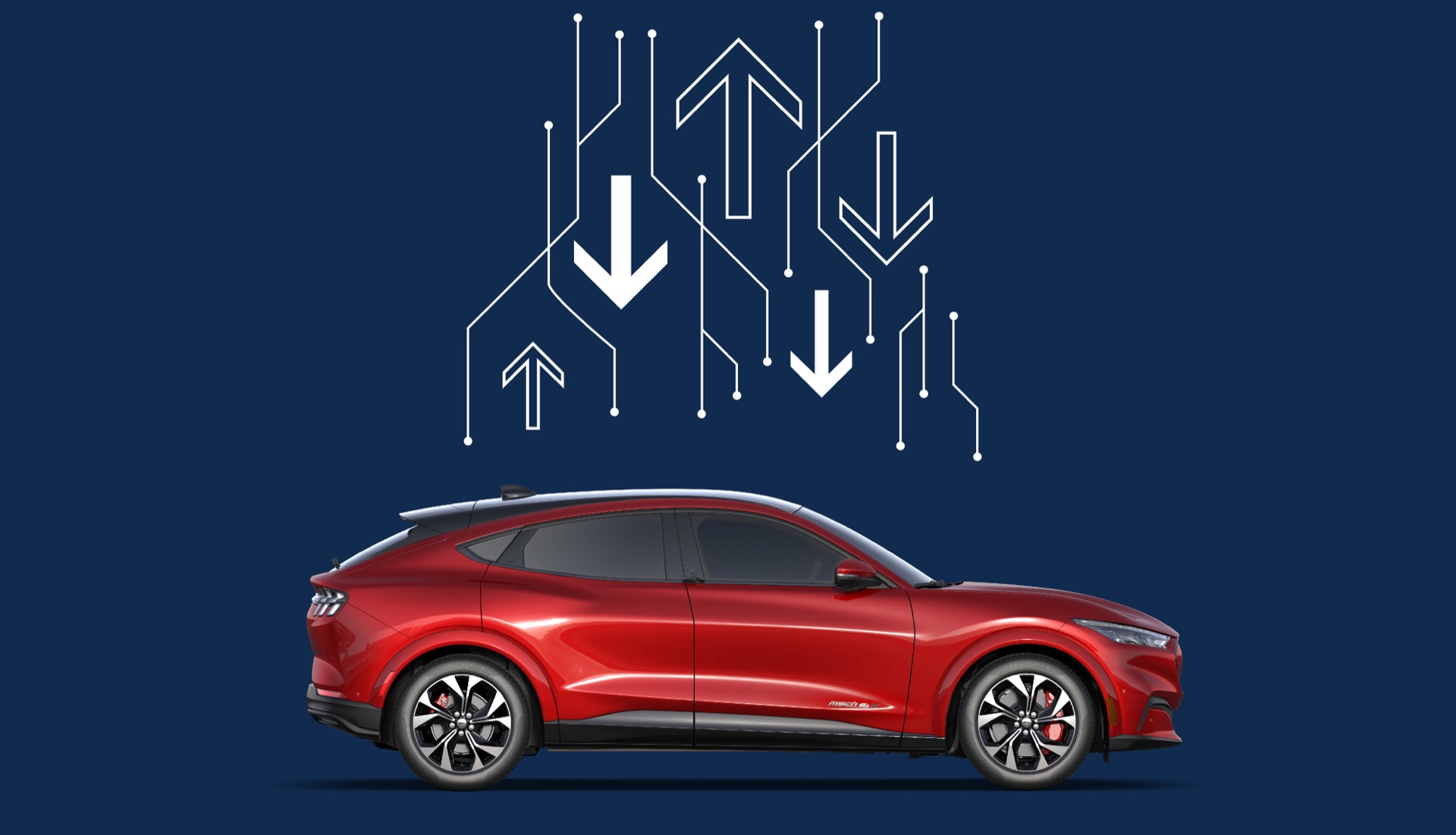I'll add another thought to the mix. I realize its much simpler than what were talking about, but my Toyota has done several updates to TSS 2.0 (Camera based steering and emergency breaking system). There has never been an issue. My guess is most of the Electronics are made by Denso - which is owned by Toyota, so it seems to not be much of a problem.
Back in the day Ford owned a excellent electronics company called Visteon. They loaded it up with a bunch of their debt and non performing factories and spun it off, after which it didn't take long for it to become bankrupt. They closed a bunch of plants, shed a bunch of workers, and re-organized as a shell of itself.
Perhaps if Ford owned a functional Automotive electronic supplier things would work better?

 www.greencarreports.com
www.greencarreports.com

